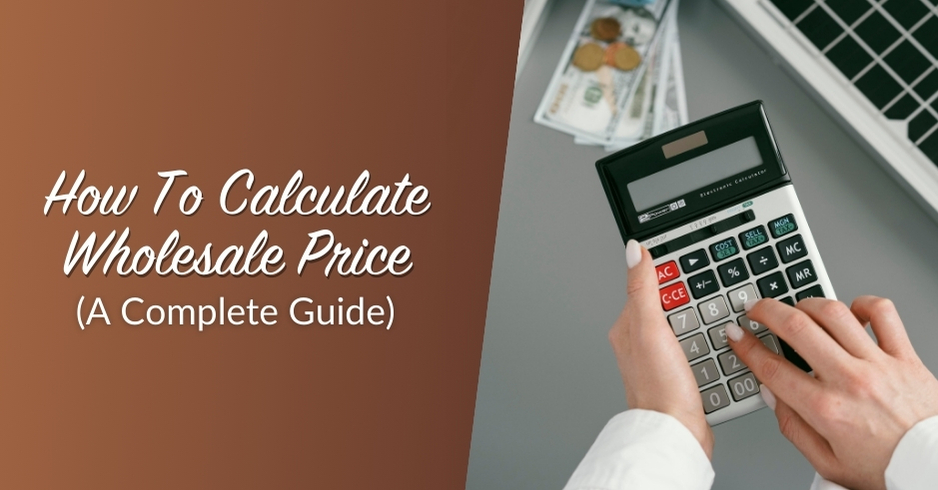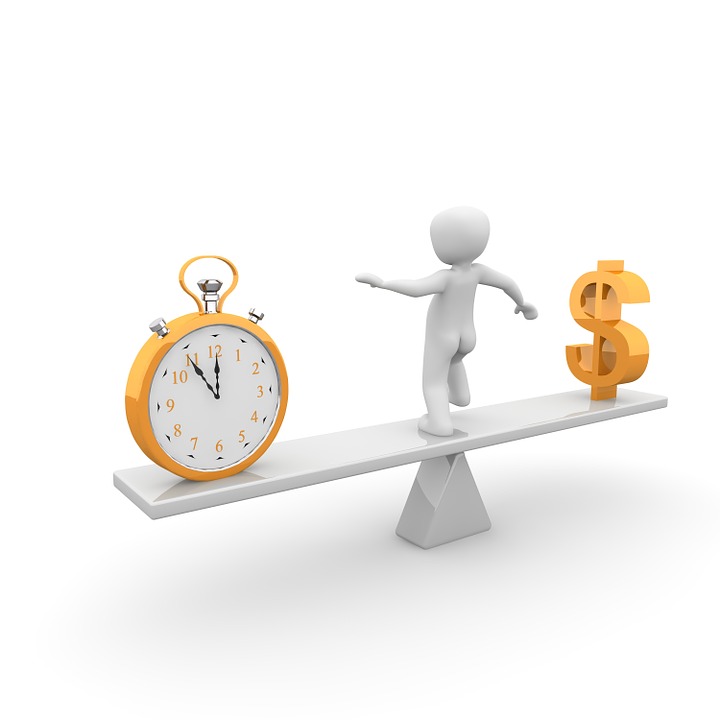As a wholesaler, you are probably concerned about these three principal things: cost, revenue and margin. Your primary concern is how to minimise running costs in your warehouse while maximising on your margins. At some point, you might feel like hiring a financial expert to help you set your business on an aggressive growth phase for your business.
If you want to be a leading wholesaler in your town, the price of your goods is worth considering. When setting the prices for your products and services, you must choose a number that will help you pay your store attendants and keep you going. You must set a price tag for your products that will be competitive in the market.
But, how do you achieve this? The answer to all your business questions lies in understanding the psychology of your customers. Setting the right prices for your goods and services is the only tactic that will propel your sales volume and hence your margins. When you want to determine the price for your wholesale products, you must consider more than the running costs of your business and pay your attendants. What you need is choosing a price that will compel your customers to buy your wares.
1. Product Value Above Price
Do not be concerned with the price of your product. If the value of your product is worth it, no matter the price, your customer will pay it.
When a customer walks into your store, the only question on his/her mind is, “is it worth it?” If a client will feel that the product you are selling will meet all his needs and get value for his/her money, the price will not be a thing to consider. So instead of trying to show your potential buyer how much they should expect to spend on a particular product, show then what they will lose if they will not buy your product.
As a business person, you might have learnt by now that price is about the outcome. Instead of focusing on setting the best market rates, concentrate on giving your customers value for their money. That way, they will spend their money on your product without any feeling of remorse.
2. Time Is More Valuable Than Money
Are you in a service-delivering business? Then you need to understand that your customer’s time is more valuable than money. Imagine a service that will take hours on end to be delivered by your competitors if you can provide it within minutes.
Let us say you are in the business of developing professional proposals for your clients and on average, a good plan can take up to three and half hours to create. But imagine if you can be able to develop a professional proposal for your client in less than an hour! How will your customer feel? This will mean that your clients will be able to beat the deadline in proposal submission within a short time.
If you can help your customers get what they want within the shortest time possible, the cost will not be a thing to consider as compared to how fast he can get what he wants within a short period.
3. The Number Games
The psychology of figures indicates that buyers do not like zeros in price tags! Why? Because most clients associate zeros with high prices, and they will be reluctant to pay for goods with zero at the end of the price.
You might have seen that the prices of many products ends with 99…98 or 95 but never .00. The pricing of goods can be influenced by more than just the cost incurred to produce the product. All that you need to understand is the customer’s psychology on how they perceive prices based on numbers.
For this reason, do not set your prices at for example $100.00 tag but instead set your price as either $99.95 or $99.98. Here you will be working on the left digit effect. The works by making your potential buyer misinterpret that the $99.98 has a closer value to $99 instead of $100 hence making your retailers to accept your prices.
4. Different Prices
According to price psychologists, you should have different prices for slightly different products even if the cost of production was same. Research indicates that customers will put off making a decision whether the product prices are the same. Even a difference in price by a few cents is enough to influence your buyer to make a decision.
When you have the same price for products that are slightly different from each other, the client will not be able to find out the pros and cons of each product to make a decision. But when the prices are different, the customer will think that the product with a slightly higher price is of a higher quality than the other, and a decision will be easy to make.
5. Increasing Prices
Do you find it difficult to increase prices for goods in your store? Well, you need to understand the Just Noticeable Difference (JND) principle.
When it comes to increasing the prices, be sure you do it step by step. Studies show that if you increase the price of a product by 10%, the customers will notice it, but they are likely to accept it without complaining. This is known as JND. The whole idea of raising your prices gradually is to keep your customers from moving to other shops.
It is advisable to increase your rate by say 5% in a year than to wait for a long time and then raise it by 20%. The same principle applies to food products, if you want to reduce the size of a food product, you should shrink the size slightly which will not be noticeable to your customers than increasing the price at once when the quantity is the same.
In conclusion, therefore, the price of your goods should reflect their value and remember that each customer has a different value at different prices.




